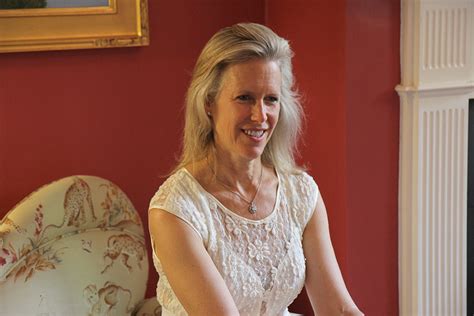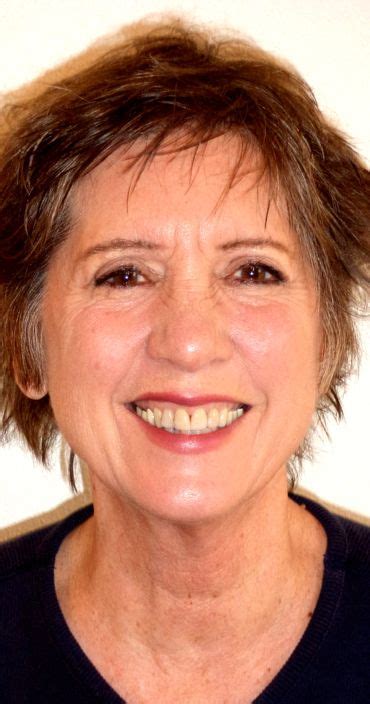A Quote by Tricia Rhodes
We don't have to be victims of the spiritual fall-out of the digital age. It does take some serious intentionality to combat the cultural compulsion for connection that surrounds us, but it's worth it.
Related Quotes
In the digital age, there are a million and one ways to find out what someone you fancy is doing - but remember, they can see when you're watching their Instagram stories. If you fall deep into a hole of snooping, resist flicking through the digital diaries of their exes, or at least learn to cover your tracks.
People over the age of thirty were born before the digital revolution really started. We've learned to use digital technology-laptops, cameras, personal digital assistants, the Internet-as adults, and it has been something like learning a foreign language. Most of us are okay, and some are even expert. We do e-mails and PowerPoint, surf the Internet, and feel we're at the cutting edge. But compared to most people under thirty and certainly under twenty, we are fumbling amateurs. People of that age were born after the digital revolution began. They learned to speak digital as a mother tongue.
The people who help us grow toward true self offer unconditional love, neither judging us to be deficient nor trying to force us to change but accepting us exactly as we are. And yet this unconditional love does not lead us to rest on our laurels. Instead, it surrounds us with a charged force field that makes us want to grow from the inside out - a force field that is safe enough to take the risks and endure the failures that growth requires.
































